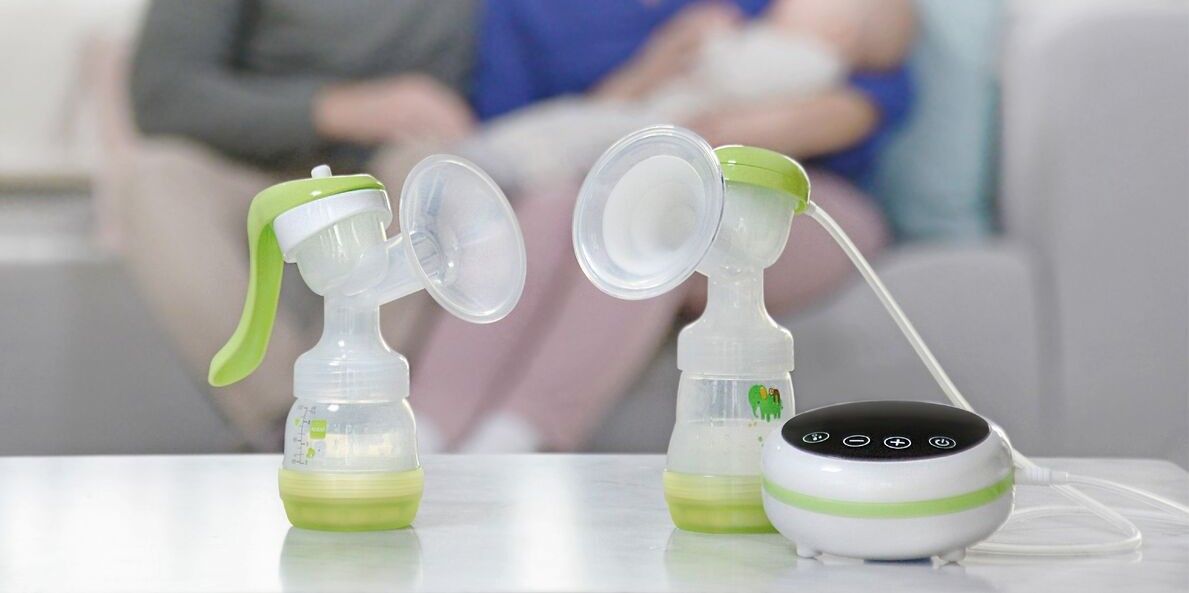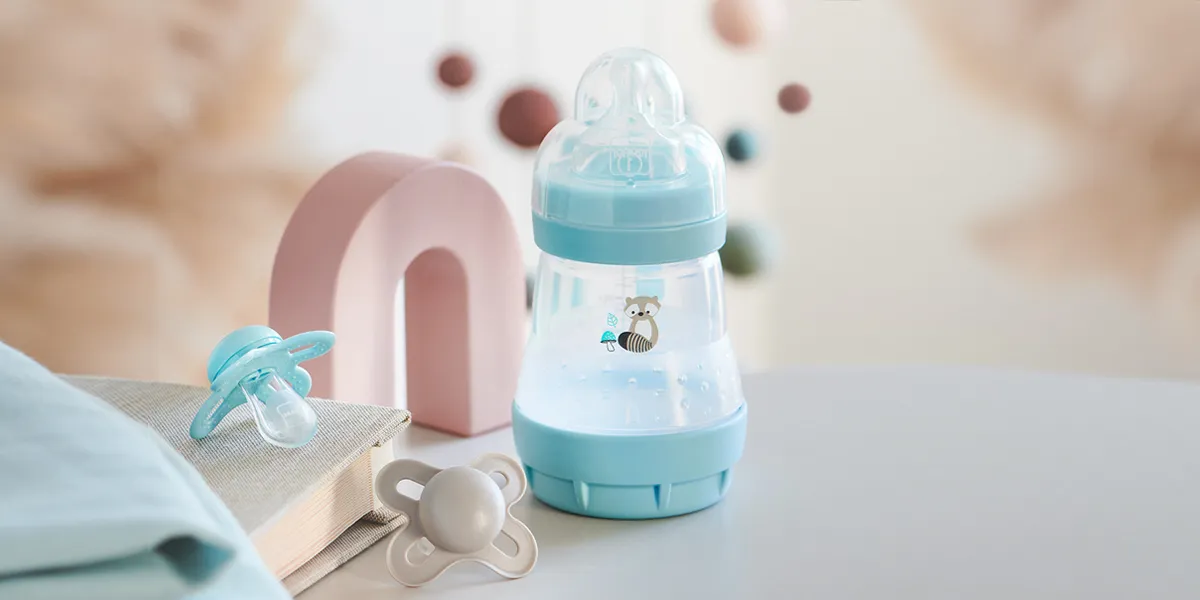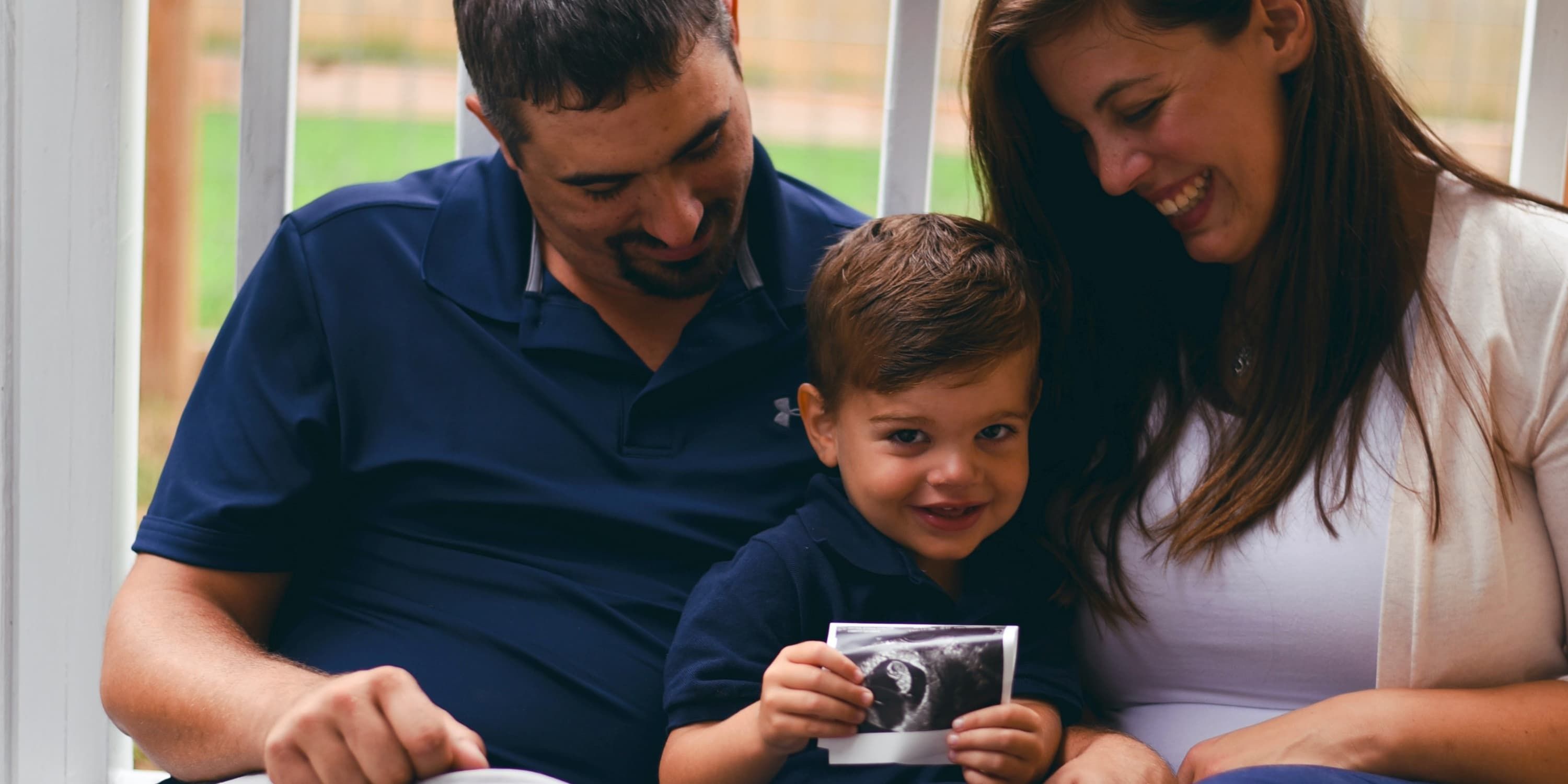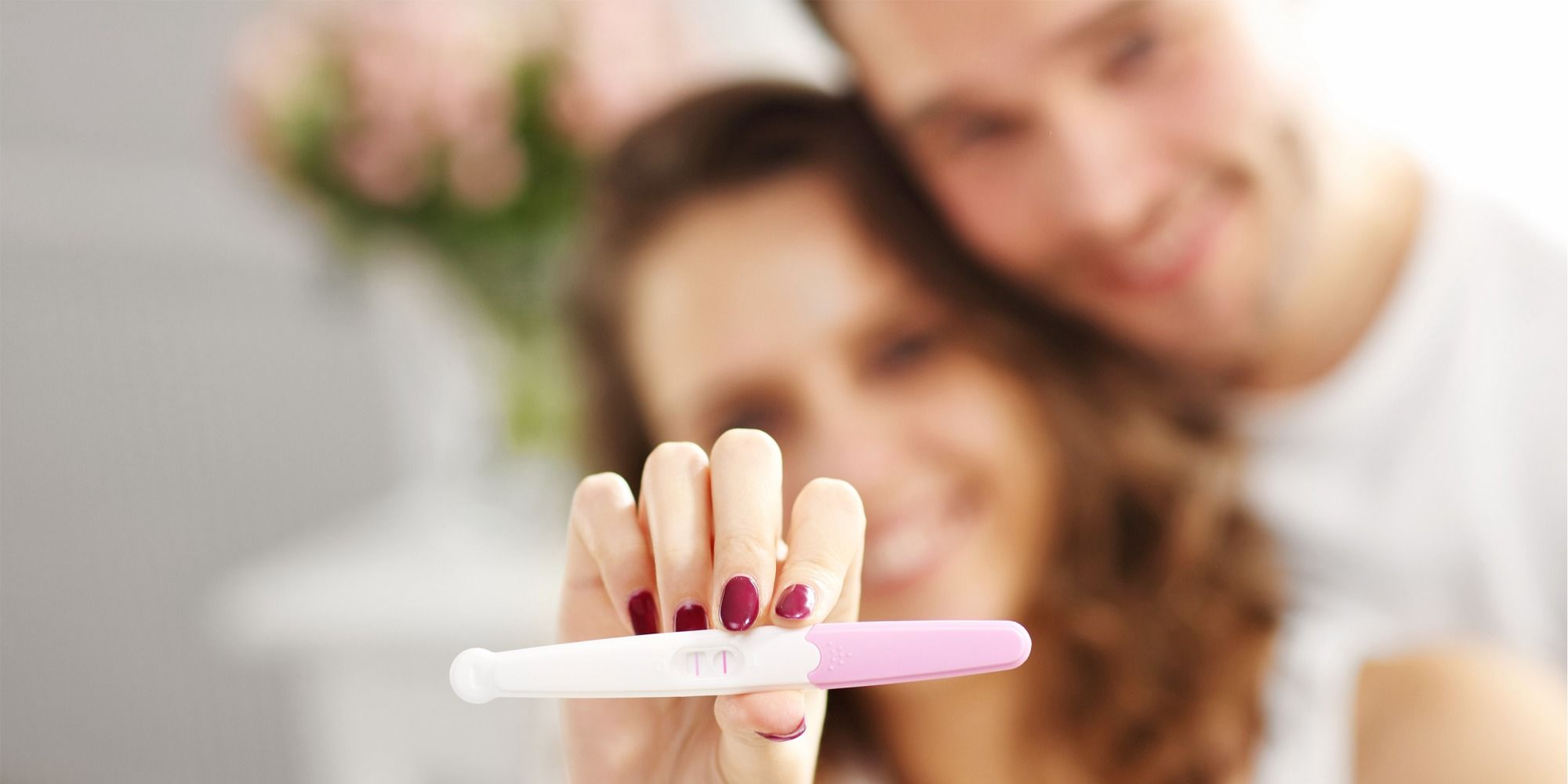By the time you are 7 weeks pregnant, the embryo will have doubled in size – and there is no end in sight! It is no wonder that you feel tired all the time during early pregnancy – your body is doing a lot of very hard work! Find out here what signs of pregnancy you can expect to experience in week 7 and beyond.
What's going on inside you?
A great deal is going on, and not just in the embryo's head: A lot of changes are also taking place externally, now that the face is developing too. The eyes are still black dots, but ear dimples and the base of the nose are now forming. Arm and leg buds are also visible. The spinal cord now closes up completely.
Your baby is now roughly the size of a blueberry.
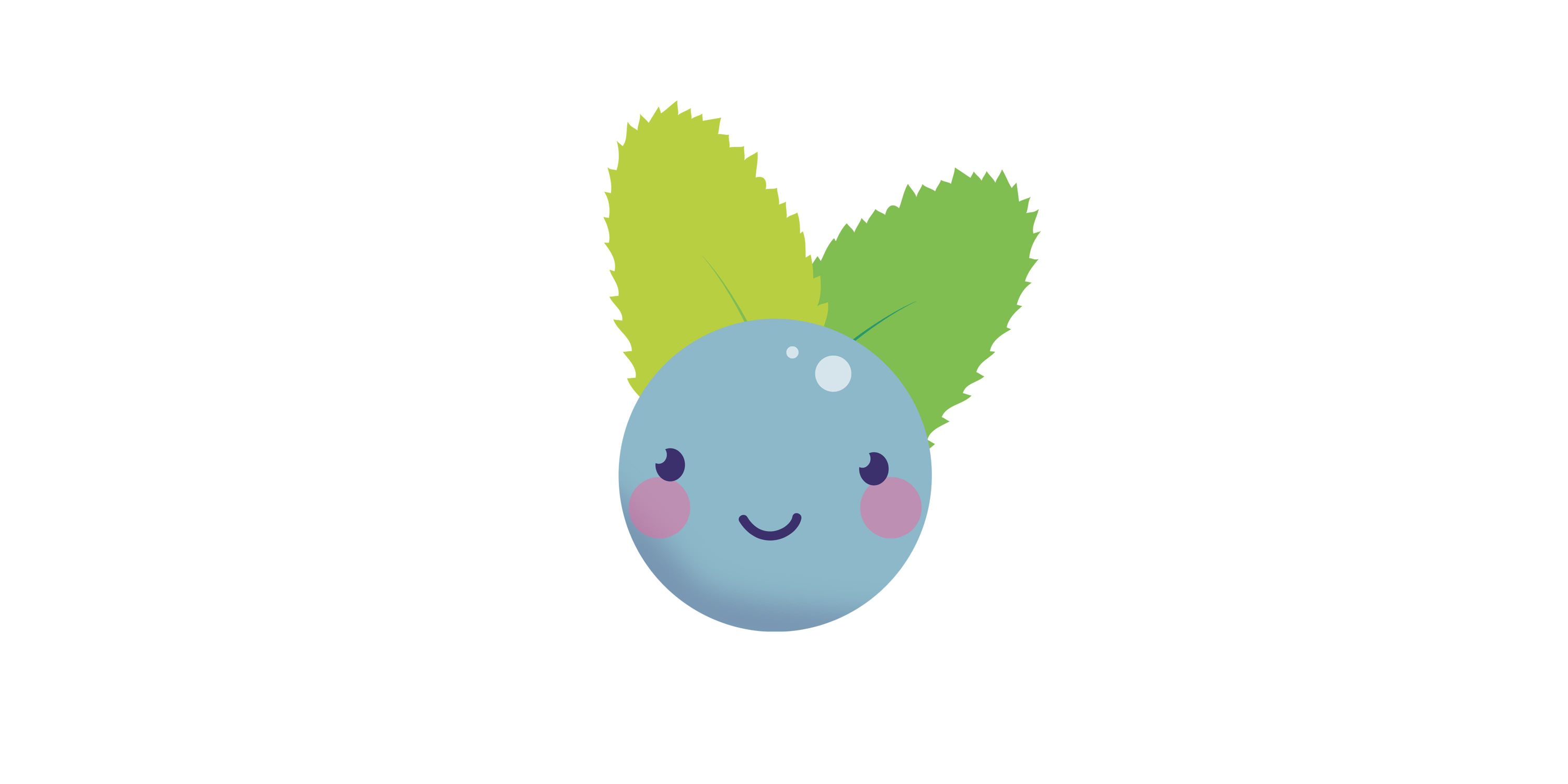
Although the baby's sex was determined at the very beginning, the corresponding sexual organs only now develop from the same primordia. However, the sex cannot be identified on an ultrasound image for at least another few weeks.
The embryo is now between 5-8 mm long.
How do you feel at 7 weeks pregnant?
You don't feel anything? That is not unusual! Some pregnant women are nauseous, tired, irritable, or have a slightly bloated belly – even though a baby bump has not developed yet. Digestion may be sluggish due to the hormonal changes, which can result in slight weight gain and an increased waistline. For many women, comfortable, stretchy items of clothing feel better around the belly than tight belts.
Your body is working at full speed. Your metabolism and hormonal system are changing. All this can lead to some typical pregnancy-related problems such as a ravenous appetite, nausea, fatigue, and emotional highs and lows. Increased salivation can also occur.
Why am I so tired during pregnancy?
Tiredness is a great sign for pregnant women. This means that more progesterone is being made – after implantation, this is produced by the corpus luteum (the casing of the mature egg cell or the remains of the follicle) and later by the placenta. Among other things, it ensures that the pregnancy is maintained – but it also relaxes the body and therefore causes high levels of fatigue.
Why do I suddenly have circulation problems during pregnancy?
There is a lot going on in your body right now: Your metabolism and circulation are changing as the entire system is busy dealing with new hormone concentrations and new cells forming for the embryo in record time. This "production" also causes an increase in your resting pulse rate and blood volume. Make sure you stand up slowly, so that you do not experience dizziness or lightheadedness. Dizziness can also be related to low blood sugar levels, which can be eased by having carbohydrate-rich snacks (e.g., trail mix) on hand or by adding carbs to your meals. This also helps with another common symptom of pregnancy:
What helps against nausea?
- Keeping blood sugar levels stable with several small, carbohydrate-rich meals (e.g., rice wafers, crackers, wholegrain bread)
- Eating a small snack before getting up
- Wearing acupressure bands on the wrists
- Ginger (be careful with the amount – ask your doctor first)
- Vitamin B6 (again, only after consulting a doctor)
- Avoiding spicy and greasy foods
- Taking a walk in the fresh air
- Drinking plenty of water – this also helps with circulation
- Reducing stress, relaxing, and getting plenty of sleep
Please note that alcohol should always be avoided during pregnancy. Alcohol reaches the baby through the placenta and can cause serious harm. Since it is not possible to say for sure how much it would interfere with the development of the embryo, it is best to avoid alcohol altogether now.
Medication can also be harmful to the embryo – even herbal remedies. Always check with your doctor before taking anything.
Photo Credits: Unsplash















